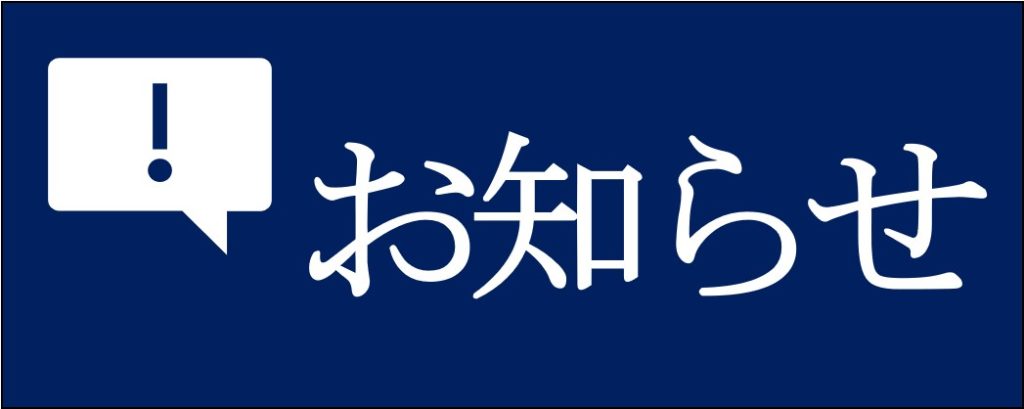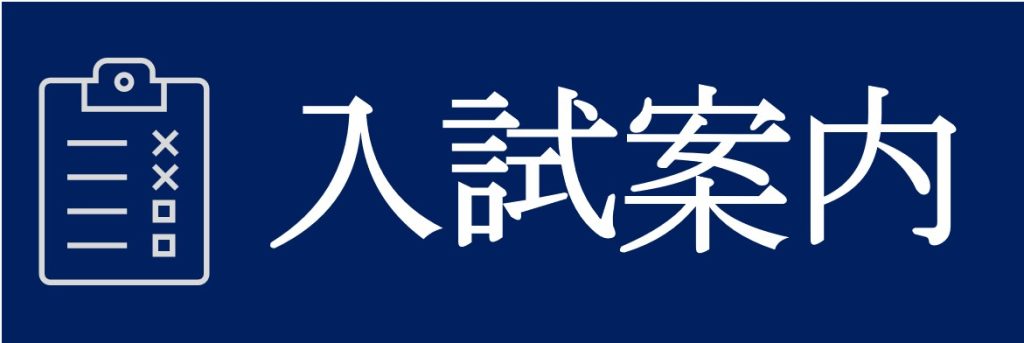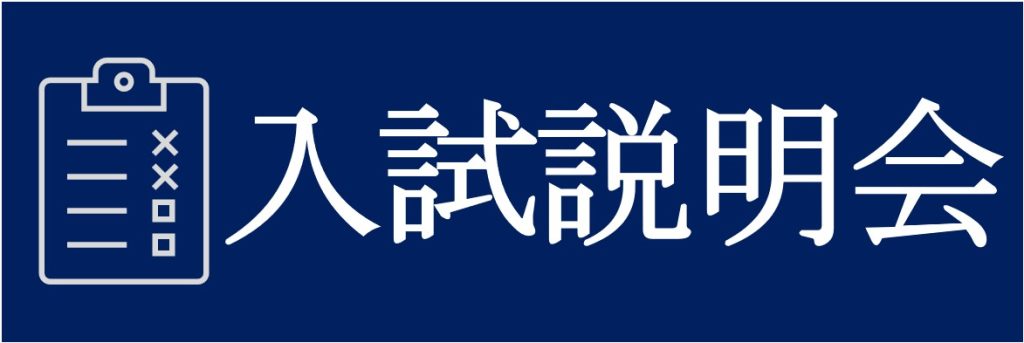Special Graduate Program in Resilience Engineering 2026
2026 April Enrollment/2026 October Enrollment
Program Overview
This program aims at educating talents who have acquired expertise on resilience engineering as well as comprehensive views to make a career in various domains. Resilience engineering requires transdisciplinary views and specialties. Professors from The Department of Systems Innovation and The Department of Nuclear Engineering and Management and other related departments collaboratively provide the lectures for educating those who are familiar with resilience engineering so that they are welcomed from society for the ability to resolve realistic issues in complex society. Graduate courses are offered by each department. Lectures and instructions for research are given generally in English. Japanese language courses are optionally available.
What’s Resilience Engineering?
The notion of probabilistic risk has contributed greatly to the improvement of safety and security of society so far. As the scale and the complexity of sociotechnical systems have increased and technologies have been tightly coupled with society, people have recognized that the conventional approaches for risk management are insufficient. New approaches for risk management are now desired in various domains, in particular, having experienced the Lehman shock and the Tohoku Earthquake.
From the above background, the notion of resilience is now drawing attention of researchers and practitioners. Resilience is the intrinsic ability of a system to absorb impacts of internal or external disturbances added to the system so that it can sustain the requested functionality or can recover rapidly from damages under both expected and unexpected conditions. Resilience engineering is a field of study where principles and methodologies for realizing such resilient sociotechnical systems are to be sought.
Resilience includes not only the responsiveness to abrupt disasters or crises but also the ability of a system to adapt itself to long-term environmental changes for survival. It is also an issue of resilience engineering, for instance, how an enterprise can continue innovation and keep competitiveness under changing social and economic environment.
Scholarships and Financial Aids
Selected applicants with outstanding academic records will be awarded the scholarship from the University of Tokyo or other institutions such as MEXT. Scholarships cover living expenses in Japan, admission fee and tuition fees throughout the entire period of study. Allocation of scholarships will be undertaken during the screening process and scholarship offers will be made alongside the final result.
Self-supporting students are responsible for their own fees and living expenses. However, there are a variety of scholarships that can be applied upon enrollment. For details, see the following websites.
https://www.t.u-tokyo.ac.jp/en/soe/for-utstdnt
https://ois.t.u-tokyo.ac.jp/students_life/selfsupported.html#English
Self-supporting students can claim the exemption of Entrance Fee and Annual Tuition.
http://www.u-tokyo.ac.jp/en/prospective-students/tuition_fees.html
How to Apply
Applicants must apply for the program through the online application system “T-cens”. All the required paper-based documents must be submitted as well via postal mail. Please read the “Guidance Information” for general information on application.
For the application procedures, please refer to both:
“Application Guidelines for all Special English Graduate Programs”
Contact us
International Student Office Department of Systems Innovation Graduate School of Engineering The University of Tokyo
E-mail:sgp_esi(at)sys.t.u-tokyo.ac.jp
※ Please replace (at) with @ and send mail.





